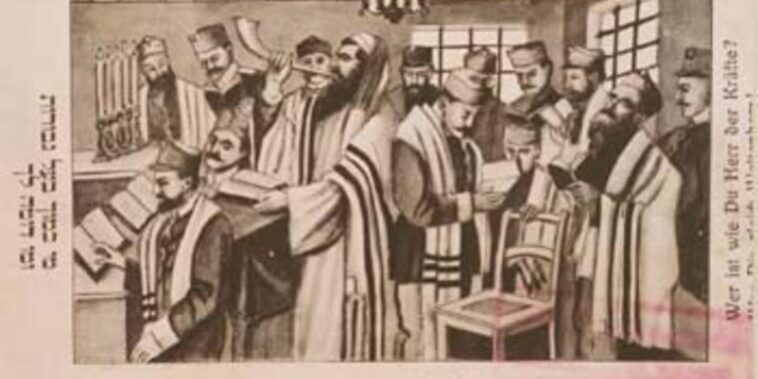Torah Parshat:Nitzavim-Vayelech (Deuteronomy 29:9-30:20;Deuteronomy 31:1-30)
Haftarah: Isaiah (61:10-63:9)
Next Shabbat will be Erev Rosh Hashanah: Kindle your Sabbath candles with the same prayer, however add V’YOM TOV(Rosh Hashanah). When attending the service the shofar will not be blown because it is the Sabbath.
There will be two Torah readings, which are Nitzavim means “standing”
(Deuteronomy 29:9) and Vayelech means “And Moses went…” (Deuteronomy 31:1).
The first Torah parshat contains Moses’ Third Discourse: G-d will make a covenant with the Israelites and The people are told to choose life. You have Free Will.
While the year of 5783 is coming to a close the commitment to for the future is one of the main concepts. We are told that G-d is making a covenant which is an agreement both with those that are present and those who are not present. This implies that the present does commit future generations. The people of Israel as a whole are forever eternally bound to G-d and G-d’s covenant. Therefore Jews must always act in keeping with their historic character. They are not permitted to deny their past.
The week before the High Holidays the mood and focus of Teshuvah:Repentance is not only felt by all Jews, but it is written in Deuteronomy 30:2 that “you shall return to the Lord your G-d.” Teshuvah means to return and the Hebrew word shuv means turn appears seven times. If Israel turns back to the G-d it has forsaken, G-d will graciously receive it back in turn.
The second parshat Vayelech Moses commits the law to the priests and the Levites. Moses chooses Joshua as his successor. Please know that Moses had two sons, and he chose a man that not only showed bravery as one of the spies for Moses, but as a brilliant military man. Joshua represented one of the twelve tribes spies to view the Promised Land. Joshua and one other man told Moses that they could conquer the Cannanites. This portion of Joshua and Moses is where the Jewish people receive the law of ten for a minyan. It was that 10 tribes constituted a community, not the few or two.
Moses has reached the age of 120 years and is about to die. He calls Joshua and “in sight of Israel” transfers the power of leadership to him. Moses tells him, “Be strong and resolute, for it is you who shall apportion it to them…Fear not, and do not be dismayed” (Deuteronomy 31:1-8). The commentators of the Torah questioned why Moses chose Joshua, and not his two sons Gershon and Eliezer. The sons were not students of Torah. Joshua demonstrated his commitment to Moses and his loyalty to the Israelites.
The Haftarah is known to be the concluded section of the Torah service. The Haftarah taken from Isaiah is the last of the seven Haftarot of Consolation. It is read on the Sabbath before Rosh Hashanah. Isaiah, the prophet speaks to the exiled Judeans in Babylon and predicts the future glories of Zion. Never again will the Israelites be forsaken, for G-d will always be their Protector. The Israelites must now prepare for their return to the Promised Land.
One verse taken from Deuteronomy 30:19:
“ Today I call as witnesses
Heaven and earth that
life and death
Have I set before you—-
The blessings as well as the curse.
Therefore, you must choose life,
that you may live,
and your seed as well.”
Shabbat Shalom V’ Shanah Tovah U’metukah/A Happy and Sweet Year,
Rabbi Helene Ainbinder, Michael Ainbinder and family







